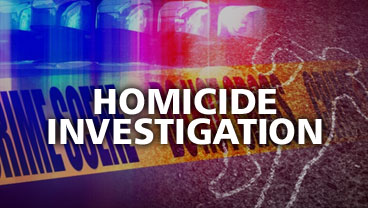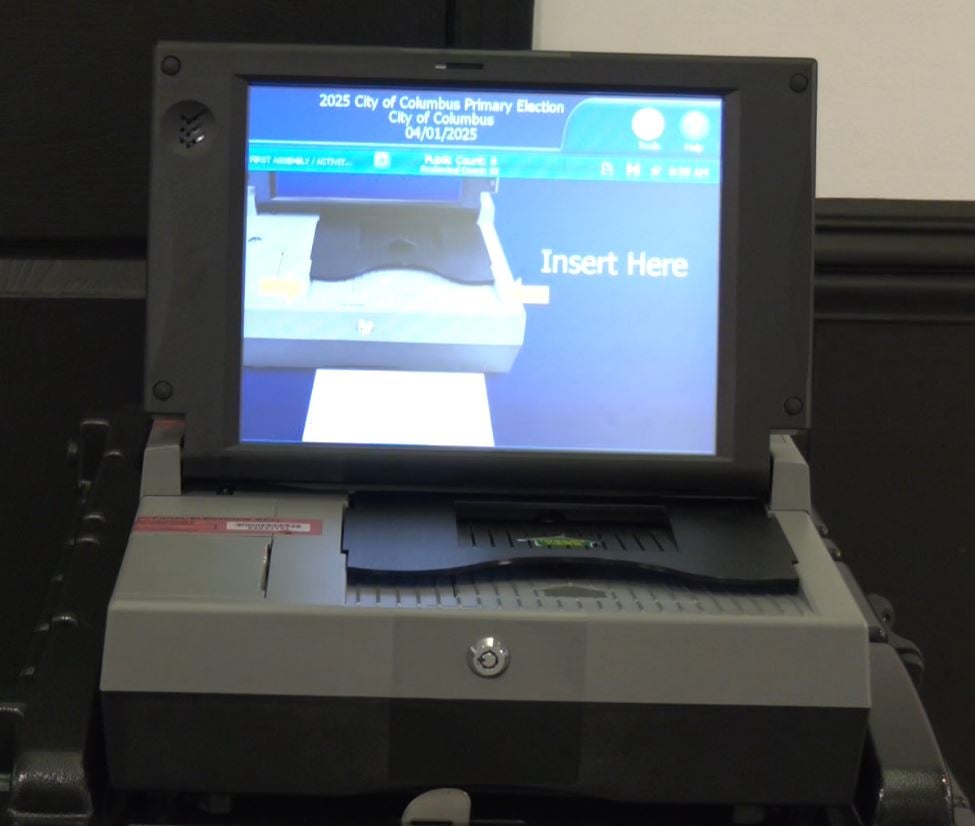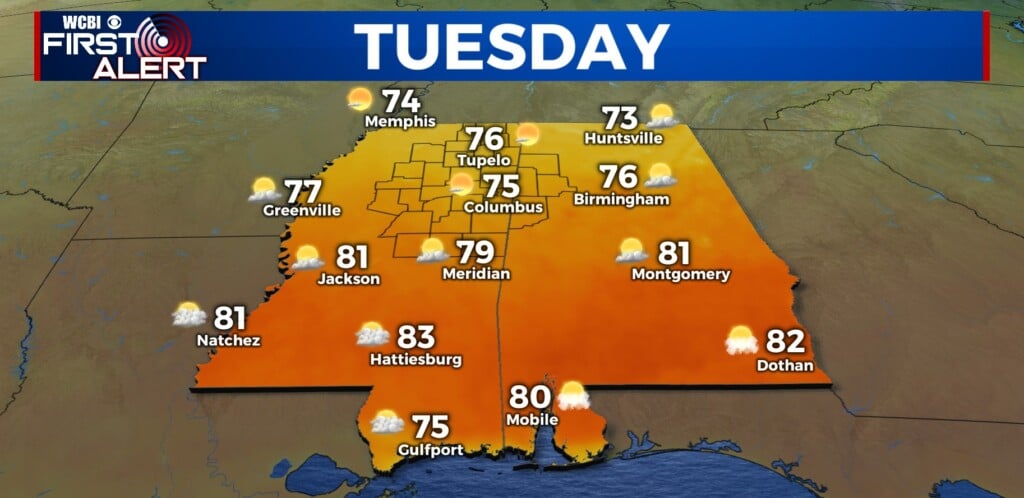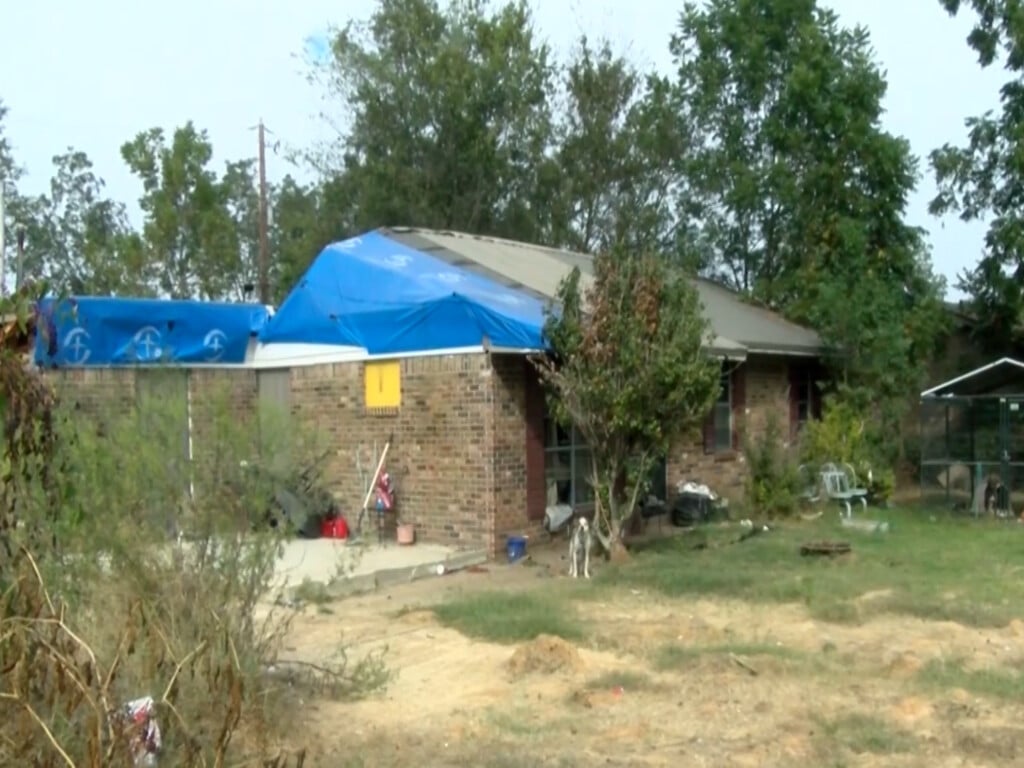Life after Katrina: Starting life in Starkville
19 years ago, Paul Piccard was in British Columbia working, while a storm was forming near his home and family in Liberty Mississippi, which is close to Baton Rouge.
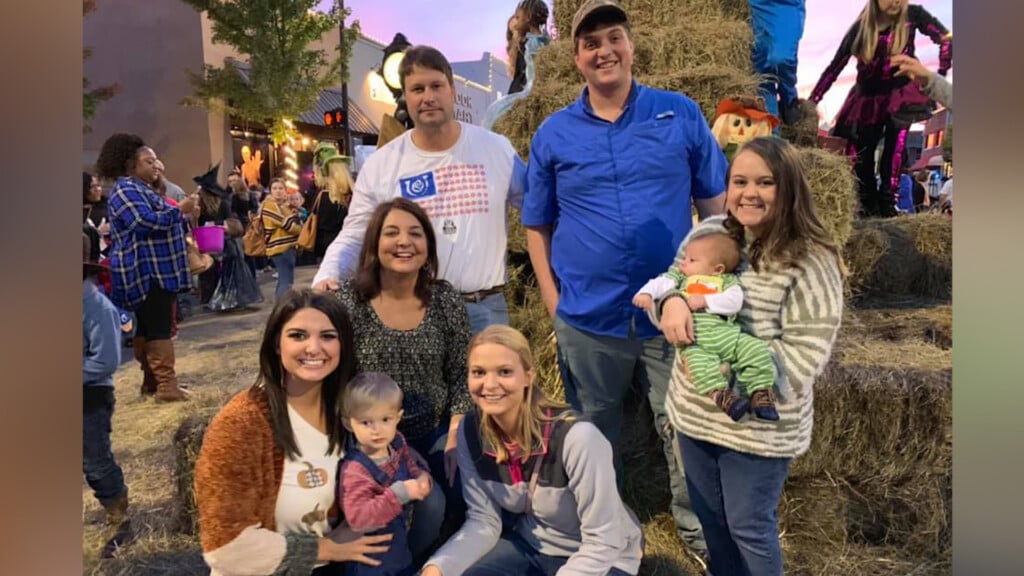
STARKVILLE, Miss. (WCBI) – 19 years ago, Paul Piccard was in British Columbia working while a storm was forming near his home and family in Liberty Mississippi, which is close to Baton Rouge.
In the early stages of Katrina, it didn’t seem like it was going to have the impact it did.
“I got up the Saturday before Katrina and CNN was on. I saw this massive white cloud in the Gulf and saw the track moving to the West. I realized that this hurricane was going to be coming right up where we were,” Piccard said.
As he saw Katrina forming, he knew he had to do anything to get home to his wife and 3 children.
“I felt a real urge to get home as quick as I could, and it didn’t look like I had much time,” Piccard said.
While in Canada, he got to a Cessna 180 float plane, with a plan to get him to Seattle, but more issues came about.
“The pilot got out and said, ‘We’re not going anywhere,'” Piccard said. “A cap had come off on one of his oil reserves, and it had blown oil all over the inside of that plane. So, we wiped down the seats and I said, “Hey, you got floats, start heading to Seattle. If something happens, you can land anywhere. We’re fine.'”
From Seattle, he got a flight to Dallas and then to Baton Rouge, as they were preparing to shut the airport down and brace for Katrina.
“At that time, it was a sunny day. You wouldn’t know anything was gonna happen,” Piccard said. “I’ll never forget wondering, ‘Did I waste all this time and money getting here?’ Because it just didn’t look that bad.”
But the hurricane rolled through, knocking out power and tearing down trees.
“Nobody was coming to rescue you. You had to do it yourself,” Piccard said.
Busloads of people were coming to the town to get out of the worst of it, with limited supplies and resources. It was then that he saw the power of community.
“Everyone was just working together. It didn’t matter who you were, where you went to church, or who your best friend was. At that point, everybody started trying to dig the town out and dig the county out of the damage,” Piccard said. “And so, you just saw a lot of the churches, the community, the people just putting them in. There were some people who stayed at other people’s houses, total strangers. They’d let them come in and stay for a week or more. You know, there was nowhere to go.”
The aftermath of the storm indirectly led him to Starkville, where he has been ever since.
“Even though we weren’t really directly up here as refugees, the business I was in, I made baby fish and then sold them to people who would grow them out, and their farms were ruined,” Piccard said. “It would take a long time for them to recover. So the business just never really recovered from the lick that we took. It was over down there, and we looked at what we wanted to do for the rest of our lives. I’ve been to school here in the late eighties and finished up here and we just said, ‘We’ll just come to Starkville.’ So we moved back, and we’ve been here ever since.”
Piccard said they have been able to build a community in the Golden Triangle.
“I would say we started a new life, a new profession, a new career, something totally different than what I was doing,” Piccard said. “There’s a real sense of community in Columbus, Starkville, the Golden Triangle, that we just love. This really has become home for us.”
Another aspect of community support Piccard saw was people sharing resources like generators and food, to make sure everyone was taken care of.

